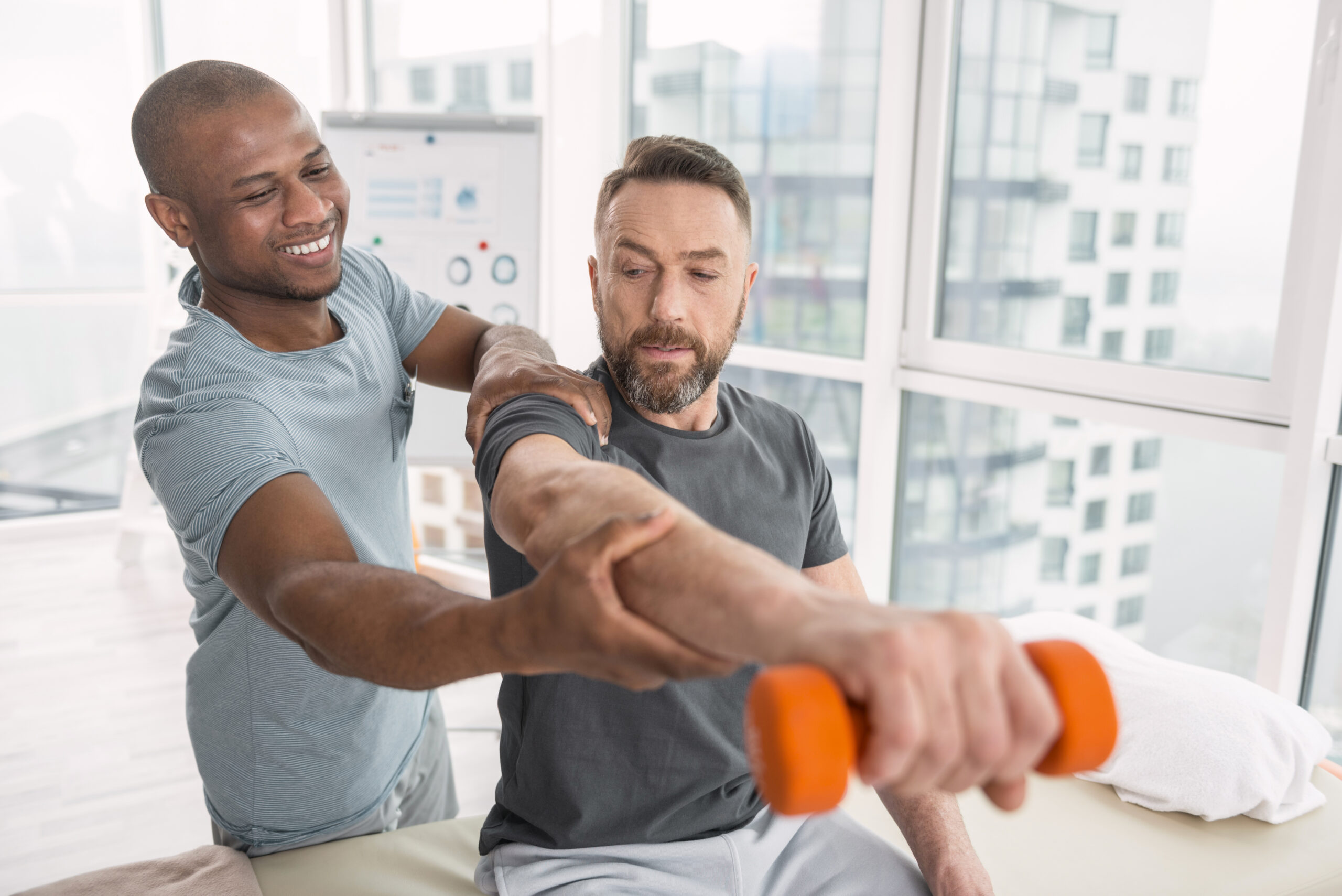The Crucial Effect of Strength Exercise on Improving Recovery and Effectiveness in Sports Recovery
Wiki Article
Strength training holds a vital role in athletic recovery, assisting athletes heal from traumas and improve their general capabilities. When an athlete gets hurt, their body requires period to recover. However, during this recovery phase, it is crucial to maintain strength and flexibility to avoid further damages. Strength conditioning can be customized to fit the requirements of each athlete, concentrating on specific muscle areas that may have been affected by the trauma. This focused approach not only assists in rehabilitation but also prepares the individual to come back to their sport stronger than previously.

One of the main benefits of resistance training in recovery is its ability to enhance muscular power and endurance. When muscular tissues are stronger, they can more effectively support articulations and reduce the chance of re-injury. For instance, an individual recovering from a leg injury can gain from exercises that fortify the quadriceps and back thigh muscles. These muscles play a crucial role in supporting the knee articulation. By incorporating resistance training into their recovery program, athletes can recover their power more effectively and securely.
In addition to building power, strength conditioning also improves mobility and scope of motion. Many injuries can lead to rigidity in the affected region, making it difficult for individuals to move easily. Strength training workouts often involve extending and elongating the muscles, which can assist restore flexibility. For example, incorporating weight bands or dumbbells into stretching routines can improve the effectiveness of these exercises. As mobility improves, athletes can perform actions more efficiently, which is crucial for peak performance in their activity.
Another crucial factor of resistance training in sports rehabilitation is its positive impact on psychological well-being. Healing from an injury can be a challenging and exasperating process for individuals. Engaging in resistance conditioning can provide a sense of achievement and enhance self-esteem. As athletes see improvements in their power and capabilities, they may feel more motivated to continue their recovery process. This psychological boost can be just as important as the bodily advantages, as a positive mindset can result to improved outcomes in recovery.
Finally, resistance training can help individuals move back to their sport more seamlessly. Once they have regained their power and mobility, athletes need to rehearse activity-specific movements to ensure they are prepared for contests. Strength training can be combined with sport-specific drills to create a holistic rehabilitation program. This blend allows individuals to not only recover but also improve their capabilities. By focusing on both recovery and capabilities, strength training becomes an webpage crucial tool in the rehabilitation journey, helping individuals return to their activity stronger and more resilient.